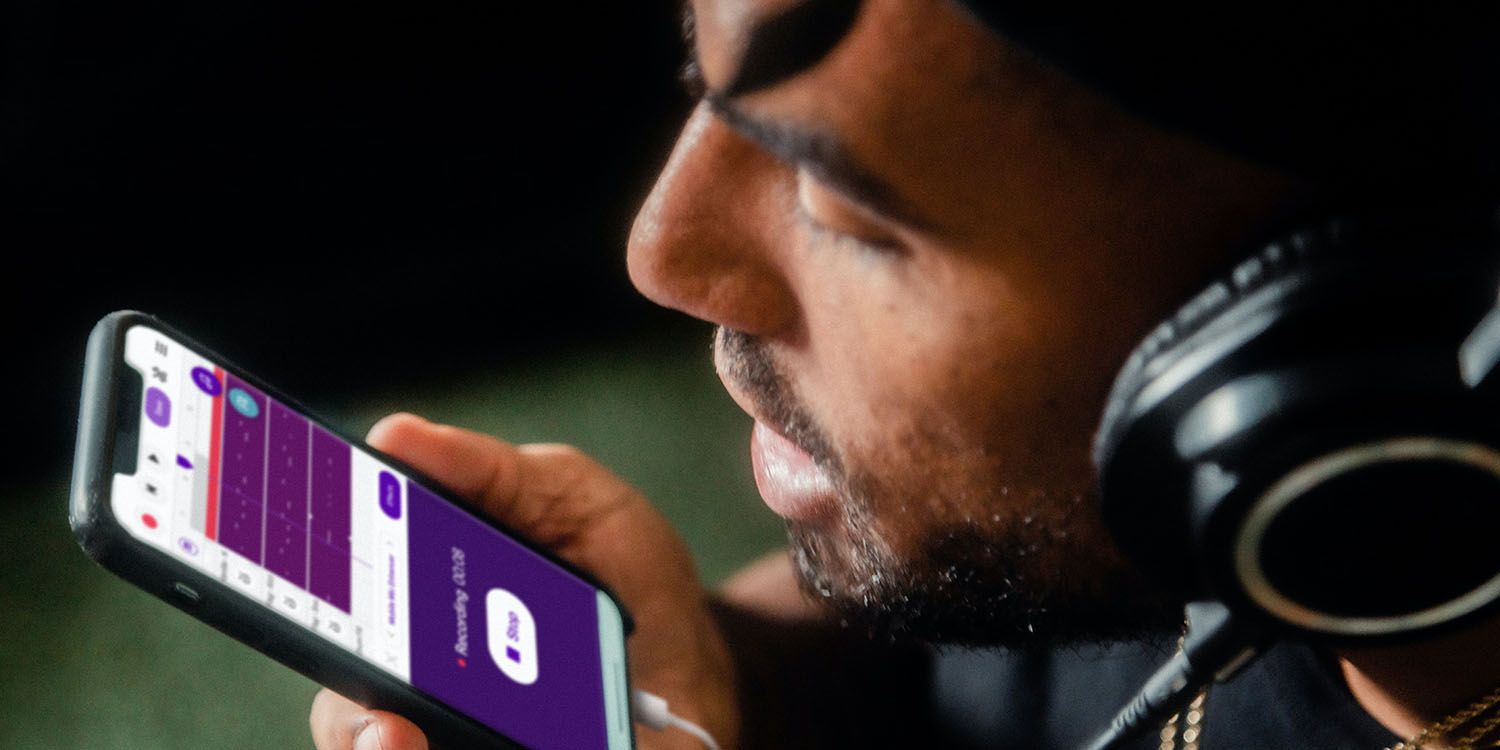
While Personal Voice was one of the most exciting of the upcoming accessibility features Apple announced this week, you may have thought it wasn’t relevant to most people. But a new report today suggests that we should all take advantage of it when iOS 17 launches.
That’s because loss of speech ability can occur very suddenly through medical conditions like ALS (amyotrophic lateral sclerosis). By the time people realise they need a synthesized voice which sounds like them, it may be too late …
From Stephen Hawking’s robotic voice to voice-banking
We’re all familiar with the speech synthesiser used by the late Stephen Hawking. He could select words and phrases which would be spoken aloud, but in a very robotic voice.
The next major development was much more natural-sounding speech, like that used by Siri.
But the best option of all for those who can no longer speak clearly, or at all, is a voice which sounds just like you.
This is possible using technology known as voice-banking. Your voice is recorded while you speak a bunch of phrases, and a computer system creates a voice that sounds just like yours, by learning the timbre, accent, intonation, and timing of your speech.
Voice-banking currently takes weeks
Conventional voice-banking is a laborious process. It typically requires you to speak around 1,500 phrases, and can be expensive as well as time-consuming.
Philip Green, a director of an ALS-focused non-profit, told FastCo that voice-banking took him several weeks.
Four years ago, when Philip Green banked his voice, he had to record 1,500 phrases for training purposes, an arduous task that took him weeks to complete. So, he understands why others might avoid confronting it.
“To be honest, you have a lot more things on your mind than, ‘Oh, I should invest time in preserving a version of my voice that I may need in two years or six months or four years,’” says Green, a member of the board of directors at Team Gleason, a nonprofit that serves those with ALS.
Team Gleason was founded by former New Orleans Saints player Steve Gleason, following his ALS diagnosis in 2011.
Green continues:
“You’re really not thinking about that. But what we are trying to do is make people aware. Do it as soon as you find out [your diagnosis], because it’s essentially an insurance policy that you hope you won’t have to use.”
When it’s possible for people to use a voice that sounds like themselves, it can be a deeply meaningful part of the experience. “I want my family to hear my synthetic voice and not think that I’m a robot,” explains Green. “But that I’m the same person that I was prior to my diagnosis.”
In some cases, you can lose the use of your voice even before you know the reason.
My mom passed away in December after a short seven-month battle with ALS. Her voice was one of the first things she lost. In fact, by the time she was actually formally diagnosed with ALS, her voice was already mostly gone.
Personal Voice works in 15 minutes
What Apple has achieved with Personal Voice is using a powerful AI system to carry out the voice-banking process in just 15 minutes.
Users can create a Personal Voice by reading along with a randomized set of text prompts to record 15 minutes of audio on iPhone or iPad. This speech accessibility feature uses on-device machine learning to keep users’ information private and secure, and integrates seamlessly with Live Speech so users can speak with their Personal Voice when connecting with loved ones.
All processing happens on your device
One concern about conventional voice-banking is that it’s carried out on a server. Were that server to be hacked, it creates the risk of someone getting hold of your voice file, and being able to make phone calls which sound just like you.
Apple accessibility lead Sarah Herrlinger says that the company was very mindful of this kind of risk, which is why all the processing happens locally on your own device, using the Neural Engine.
“Along with accessibility being one of our core corporate values, so is privacy, and we don’t believe that one should have to give up one to get another,” says Herrlinger.
Everyone should use Personal Voice
Personal Voice not only reduces the time and effort involved for those already diagnosed with a condition known to lead to loss of speech, but is sufficiently painless that it makes sense for everyone to do it, as an insurance policy.
Salesforce exec Brooke Eby agrees.
After being diagnosed with ALS, Eby took to Instagram and TikTok to share her journey, educate others about ALS, and generally get the world more comfortable talking about the disease and its implications for those who have it.
Talking to others in the community, “I constantly hear, ‘I wish I voice-banked sooner,’” she says. “Some people, all of a sudden, will just start slurring their words, and then it’s almost too late to voice bank. They’re like, ‘Never mind, this doesn’t sound like me anyway, so I might just well just use a [generic] robot voice.’”
I’ll for sure be doing this – how about you?
FTC: We use income earning auto affiliate links. More.





